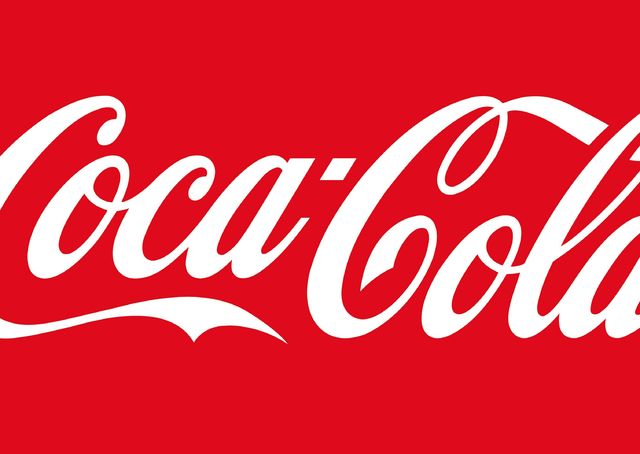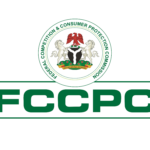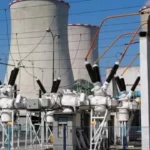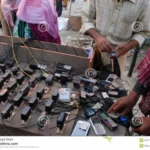The peculiarities of the business operating environment in Nigeria are common knowledge but concerns are mounting that a bad situation is suddenly turning worse, owing to extraneous factors such as the development in Eastern Europe, which has mounted pressure on the prices of fuel including Premium Motor Spirit (PMS), known as petrol, and Automotive Gas Oil (AGO) also called diesel, and Aviation fuel.
The harsh reality is that the few small-scale businesses trying to stay afloat, having not fully recovered from the consequence of the COVID-19-fueled recession, might be contemplating winding down, unless something critical is done to mitigate it. Many posit that this might also pose a security risk to the country considering the critical role and contributions of the micro, small, and medium enterprises (MSMEs) sector, to the Nigerian economy.
- Energy Crisis: Nigeria to lose N1.2bn daily over Agip oil export cut
- Baddo: Nigerian tweeps celebrate Olamide on birthday
According to Nigeria’s Minister of State for Industry, Trade and Investment, Ambassador Mariam Katagum, SMEs contribute over 50 percent to Nigeria’s Gross Domestic Product (GDP), and also account for over 80 percent of employment in the country.
Nigeria’s macro-economic ecosystem, in the aftermath of the COVID-19 pandemic, appears to be on the recovery path, with the low numbers being recorded daily by the Nigeria Centre for Disease Control (NCDC). The effect of the pandemic’s disruption on families, small businesses, artisans, and other vulnerable Nigerians is dire, with many having lost their sources of income or livelihood.
Though the National Bureau of Statistics (NBS) revealed in its Q4, 2021 GDP report released in February, that the GDP grew 3.4 percent, the strongest since 2014, headline inflation has continued to rally within the double digits’ region, with the prices of commodities skyrocketing. Unemployment continues to rise despite the number of graduates being churned out yearly across all the higher institutions in the country.
The average citizen’s disposable income has been worsening. This is compounded by Foreign Exchange scarcity and stability concerns which has seen some businesses either close shop or scale-down on activities.
With the attendant effect of COVID-19, as well as economic and socio-political developments disrupting regular way of life, businesses have had to adapt their strategies to fast-changing realities in the bid to stay afloat. Similar to most other companies, Coca-Cola Nigeria Limited, the leading total beverage company in the country, is not immune to the limitations posed by the hard-hitting economic situation, as the last two years has proved a challenge for all.
The food and beverages industry is one of the more mature industries across the globe and has undergone changes regarding product innovations and offerings. To face the growing market challenges, companies are bringing new flavours onboard, keeping in mind the health and wellness concerns of consumers, which is why the Nigerian market is bursting with different flavours introduced by the new entrants.
The country’s poor economic performance, over the past 24 months, is attributed to several factors which left the country to make certain important decisions, which meant companies had to think on their feet and make difficult business decisions.
Part of the decisions by the beverage leader in the quest for opportunities to delight its consumers includes the expansion of its supply and capacity in the bid to meet the teeming demand by consumers, while also reinforcing all its brands with consumer-focused activities like Coke with Meals; Fanta with Snacks; Sprite with anything Spicy; Juices and water for nutrition and hydration; and its premium brand, Schweppes for socializing occasions.
With inflation comes an increased cost of production and living, and this is not within their control. However, with their foresight, they anticipated these developments and created more value-based SKUs. Over the years, they have developed smaller packaging for their product variants to cater to consumers with lower purchasing power.
Over the past five to six years, they have seen to the introduction of brands with aggressive introductory strategies disrupting the market and presenting numerous options for Nigerians. Some of these strategies include new product launches to cater to the evolving tastes of consumers such as Schweppes Ginger and Zobo, 5 Alive Pulpy Lemon and Mango, and product reformations to provide superior taste to consumers like Coca-Cola Zero Sugar, being touted as the best coke ever with a challenge for people to try it first and not just take the slogan at face value.
Consumers want brands that support them and their struggles; brands that understand them; brands that genuinely want to make a difference in their lives, and this is what we have always represented and will continue to do.
The development has made the company even better, as they constantly reinvent themselves while staying true to their core value of customer satisfaction, to remain competitive and lead the market.
The impact of the Coca-Cola brand on Nigeria is evident for all to see – from employing thousands of Nigerians, to creating shared opportunities in various communities through various sustainability initiatives that has empowered and created sources of income to millions of Nigerians. Coca-Cola has always been at the forefront of corporate support for the development of football in Nigeria. This is evidenced by the huge funds committed to Copa-Coca-Cola Under-15 Secondary School National Football Competition, which culminated into scholarships for players of winning schools as well as sponsoring the best players to international soccer camps.
Coca-cola believes that football is a platform that unites people all over the world. Football is particularly one that is loved by Nigerian consumers; that is why the arrival of the FIFA World Cup Trophy Tour will be an opportunity to stir emotions for the coming FIFA World Cup Competition and also relive the past World Cup moments.
Courtesy of Coca-Cola, Football lovers in Nigeria will have the opportunity of close contact with the authentic iconic FIFA World Cup, if the Super Eagles qualify. This is one of those ‘only Coke can do’ campaigns to help foster optimism and unity, while making a positive difference in the communities we serve.
The brand will continue to identify opportunities to make products that consumers love, more affordable despite the difficult macro-economic and operating environment, support the events and activities their consumers love and launch innovative products that appeal to the tastes of its consumers.
There will also be a heightened advocacy and engagement drive in shaping fair regulatory framework, taking into consideration the disruptive realities of the operating environment for the ultimate benefit of our consumers.
Coca-Cola’s story in Nigeria is typified by hard work, innovation, and steadfastness, as it is a story of inevitability which is why Coca-Cola is famed for its ubiquity and pedigree of being available up to the last mile.
Alfred Olajide writes from Lagos

 Join Daily Trust WhatsApp Community For Quick Access To News and Happenings Around You.
Join Daily Trust WhatsApp Community For Quick Access To News and Happenings Around You.


